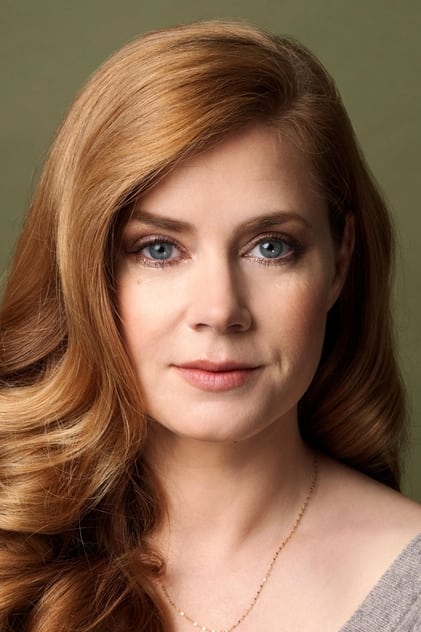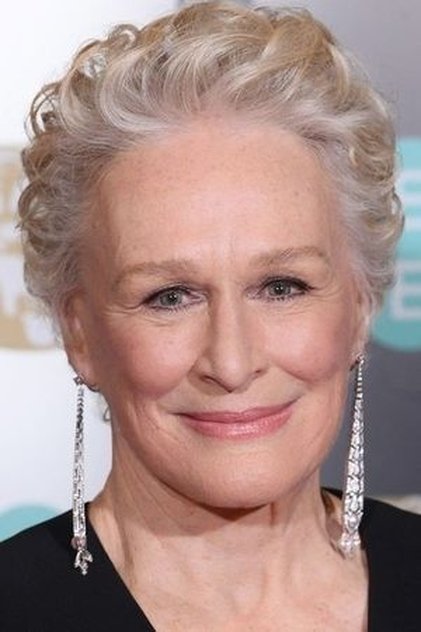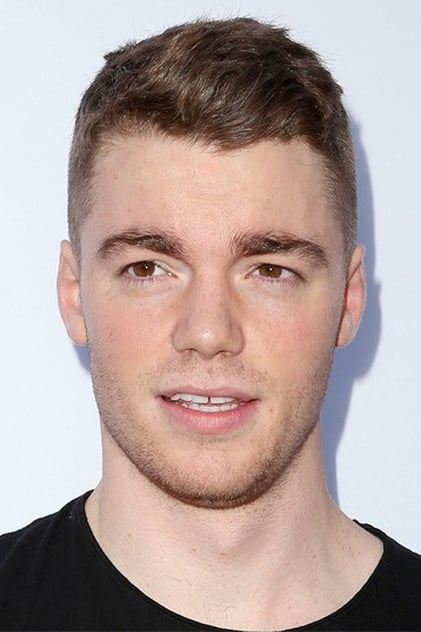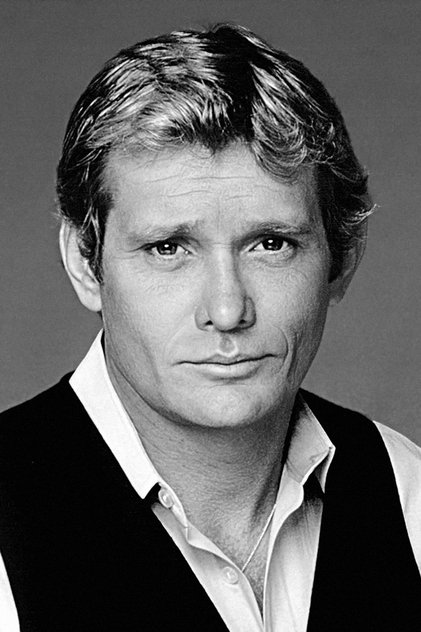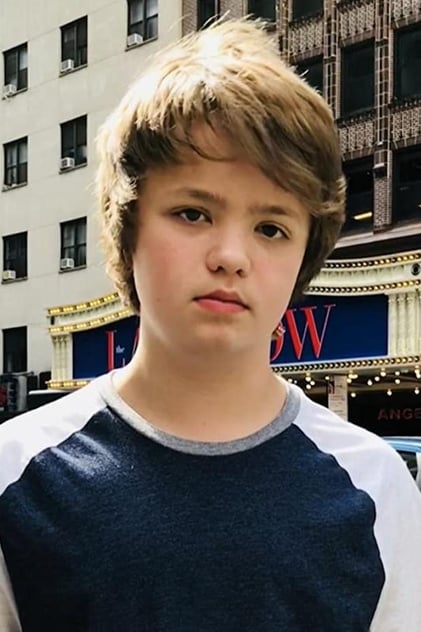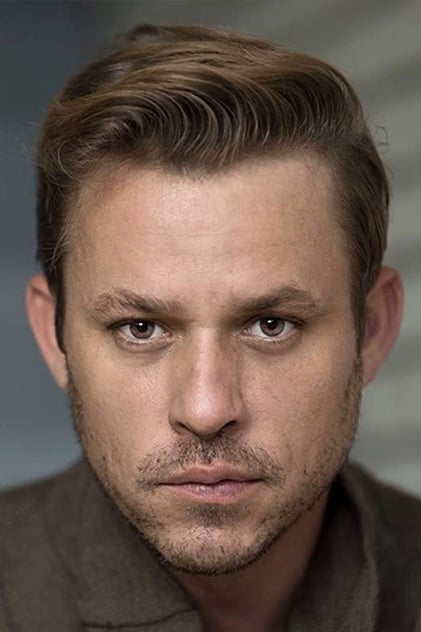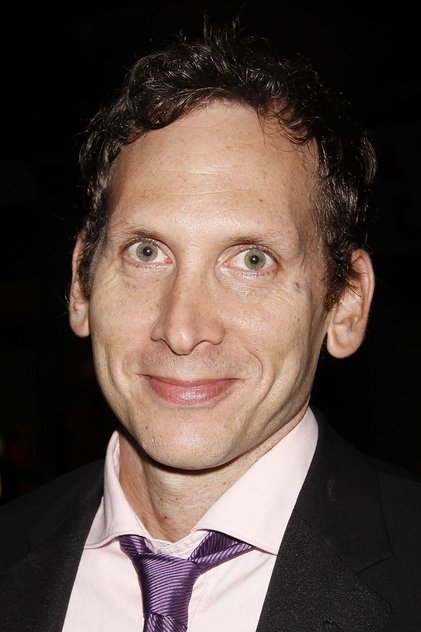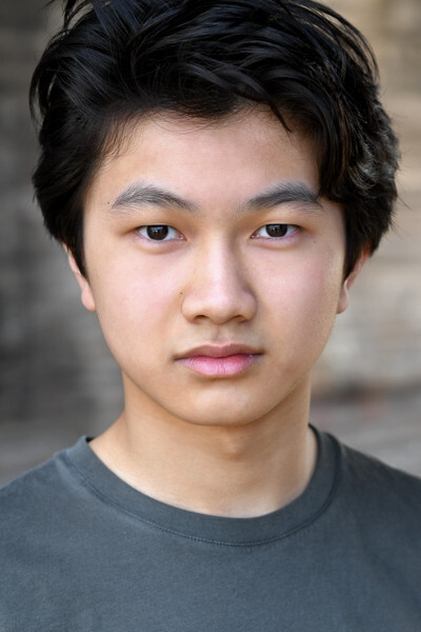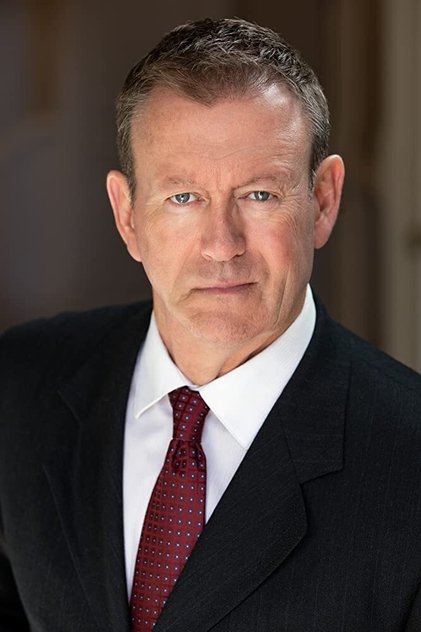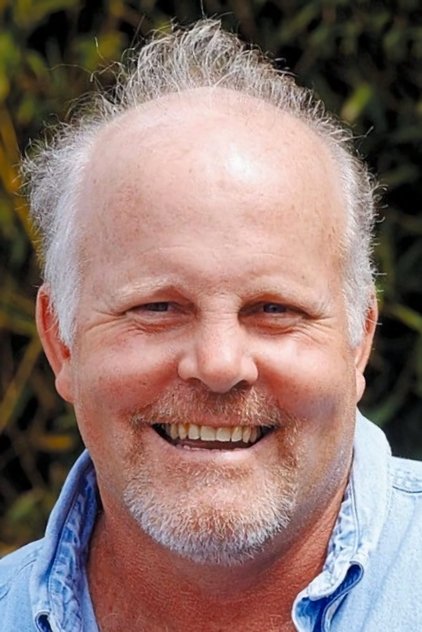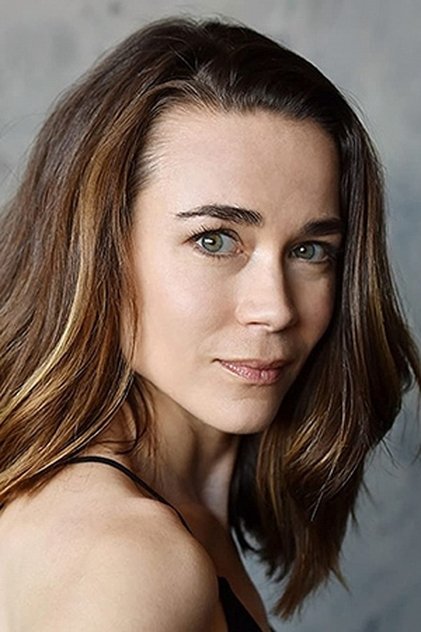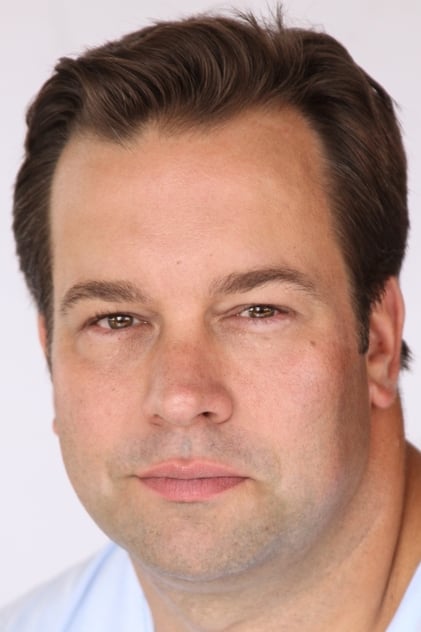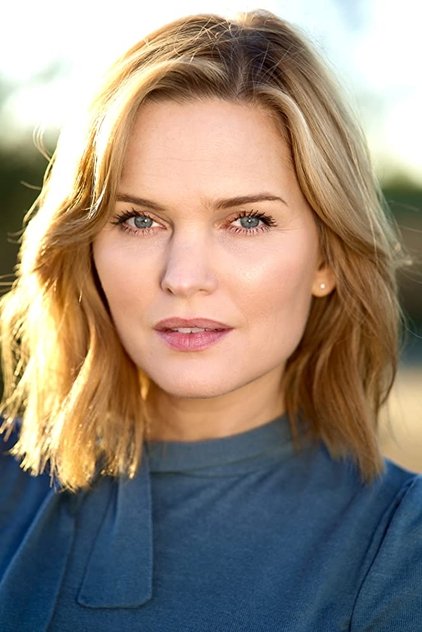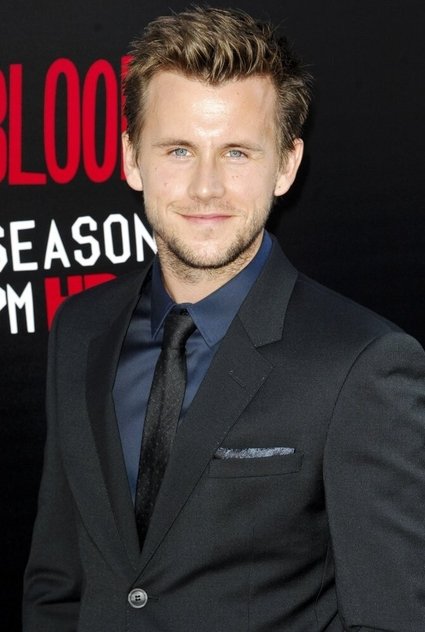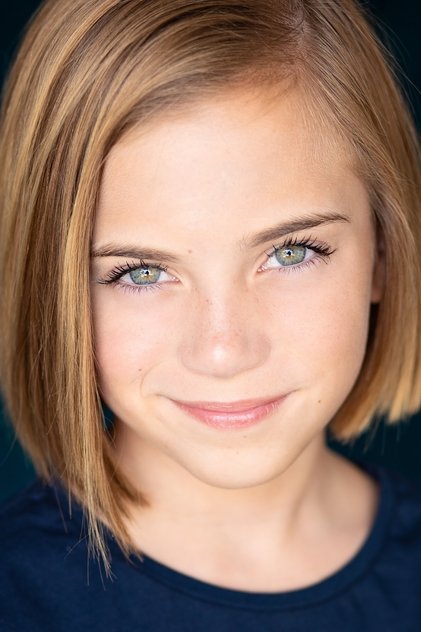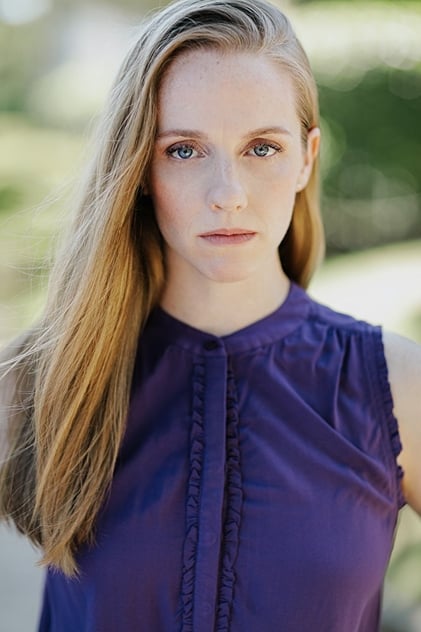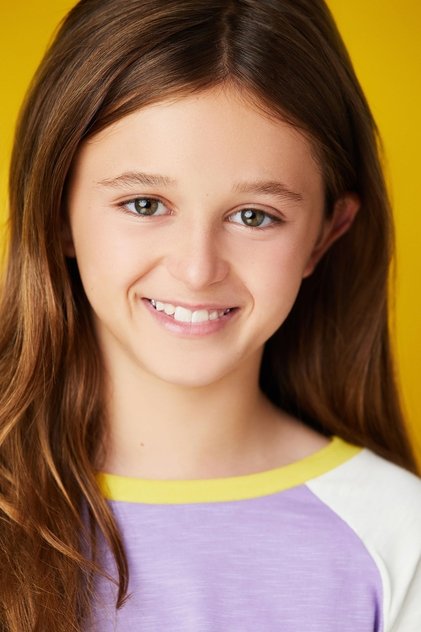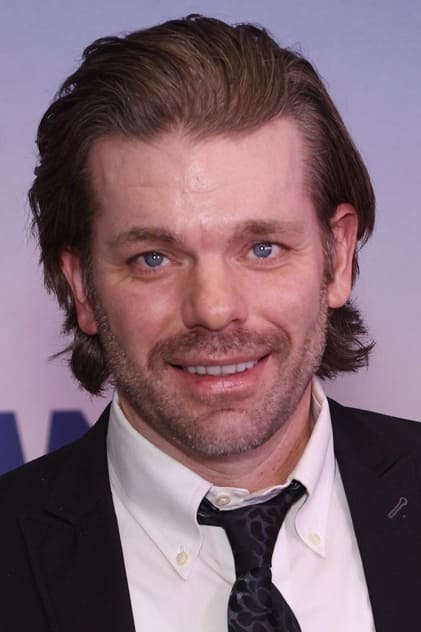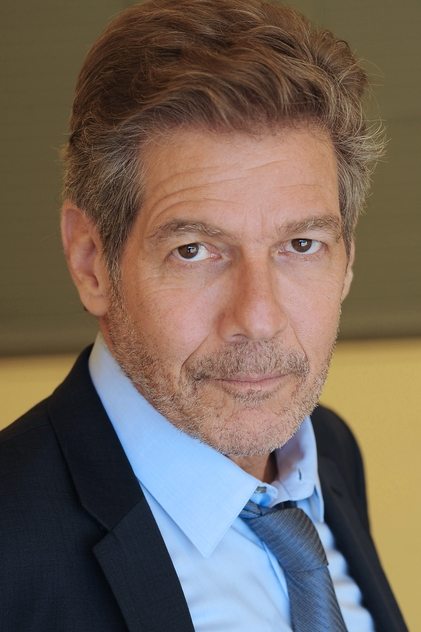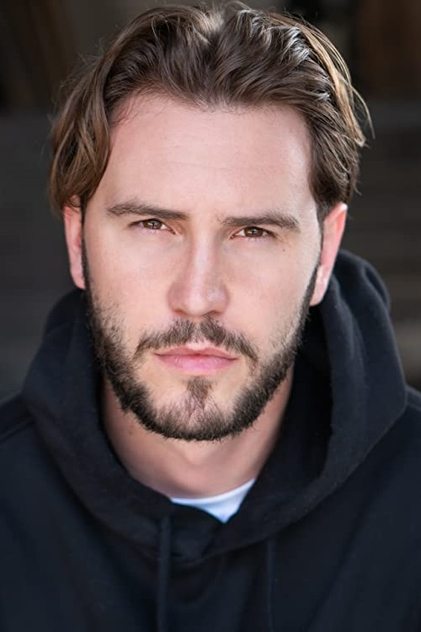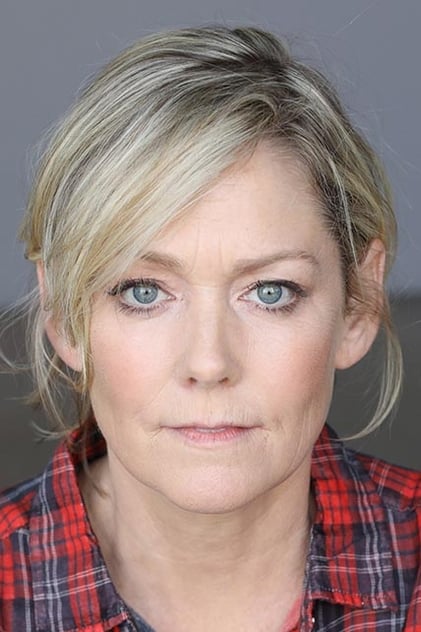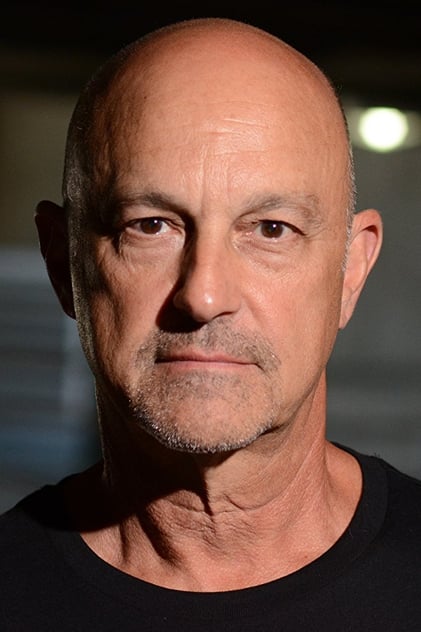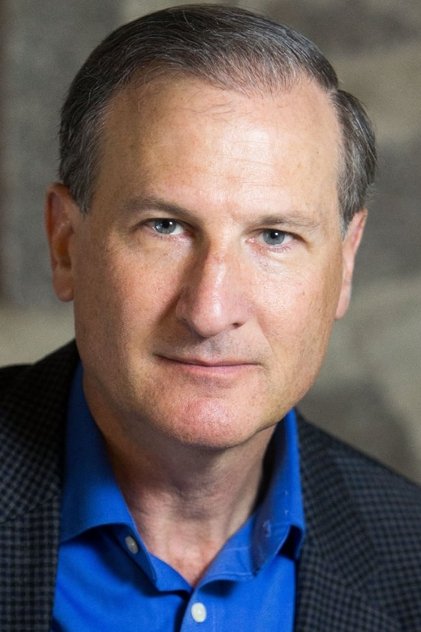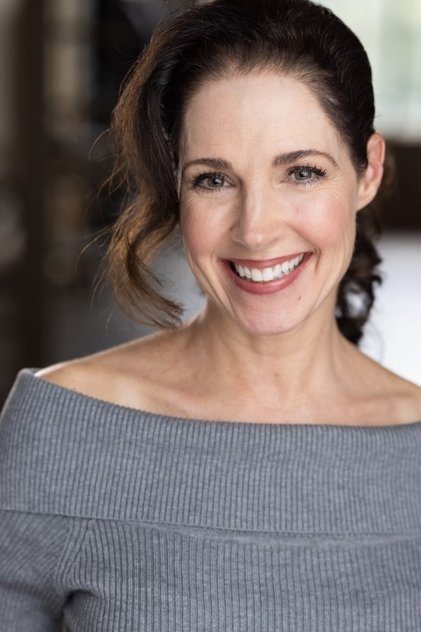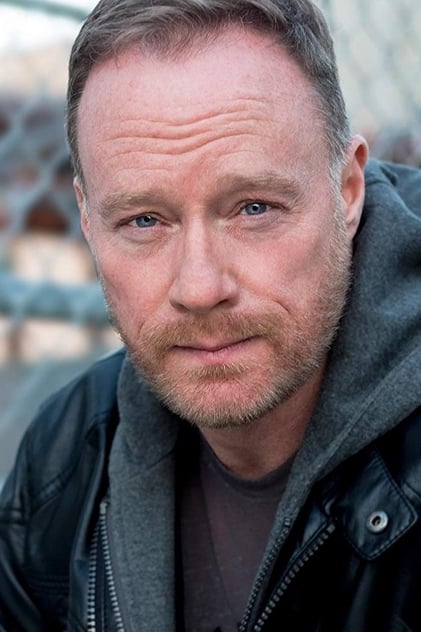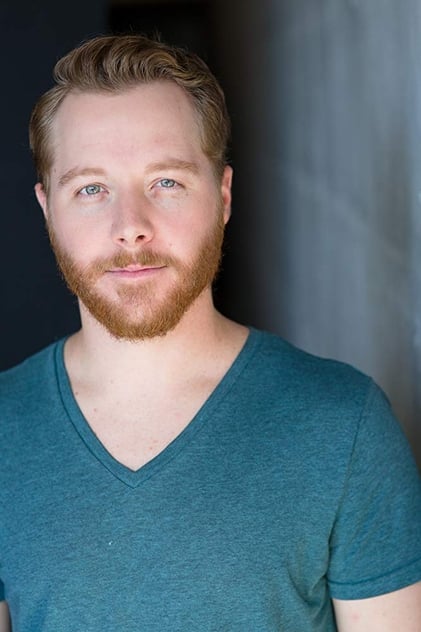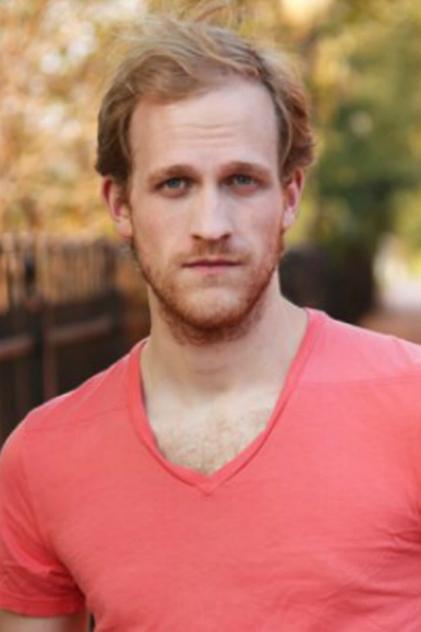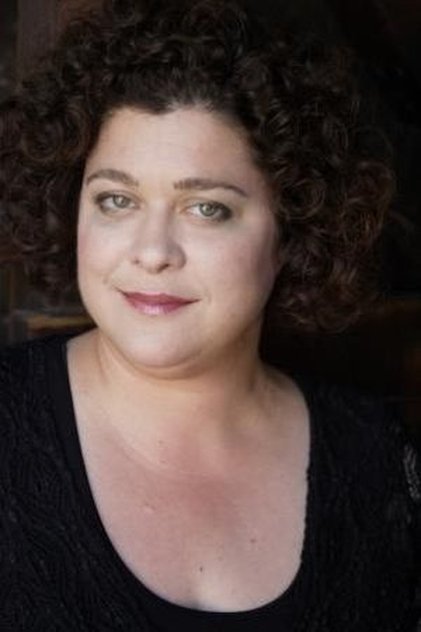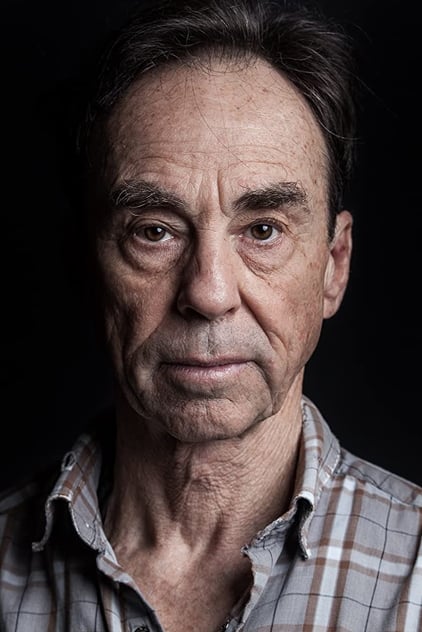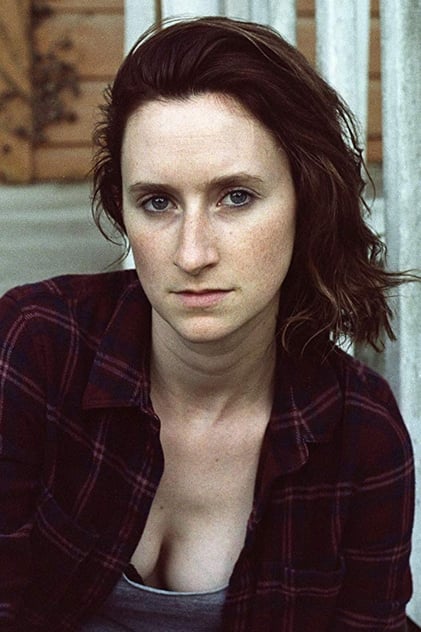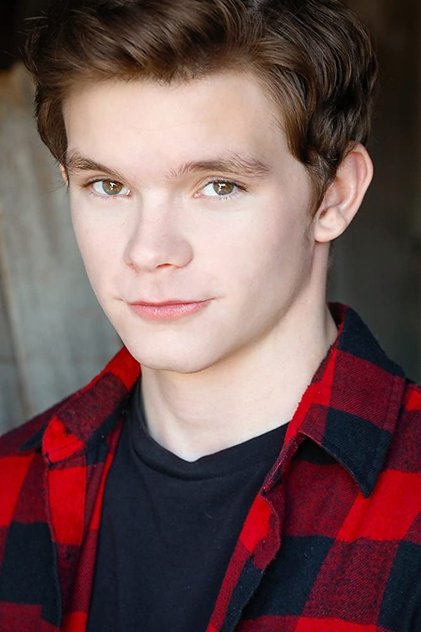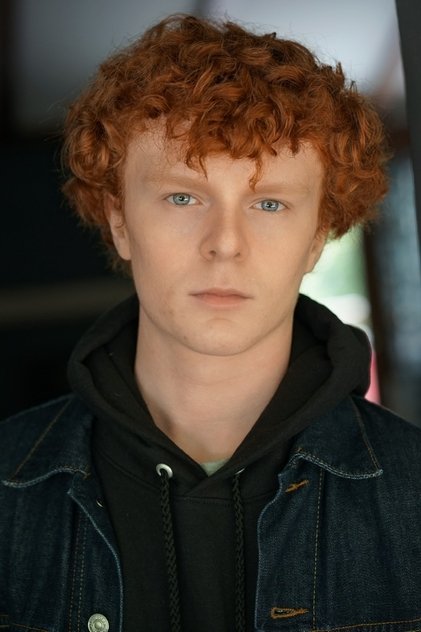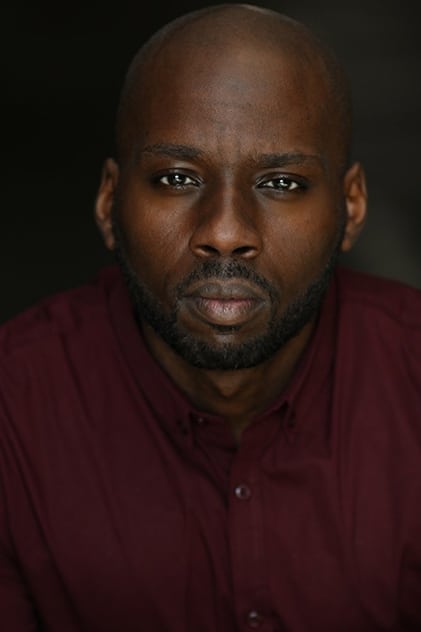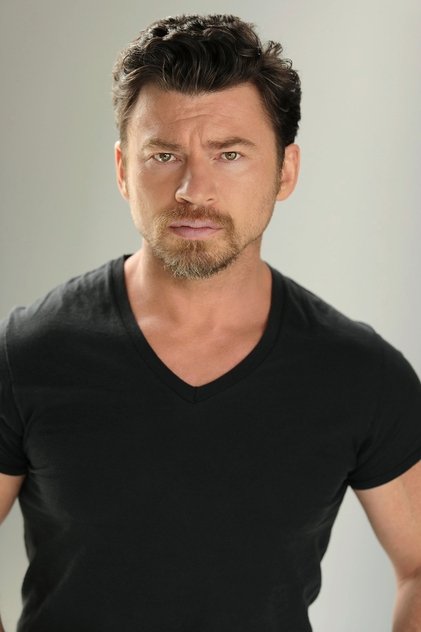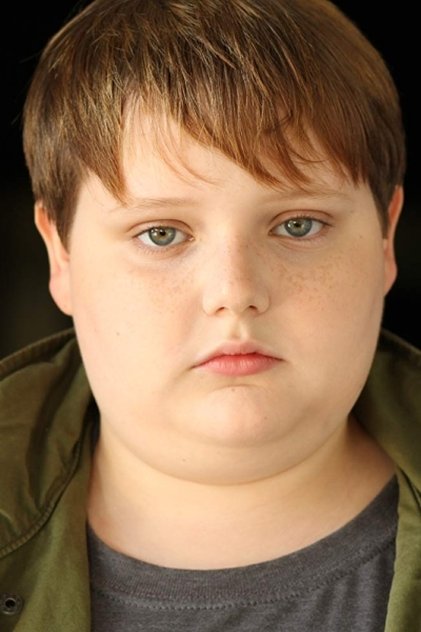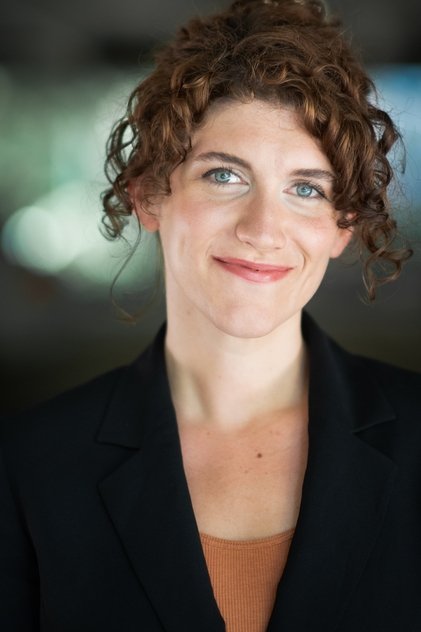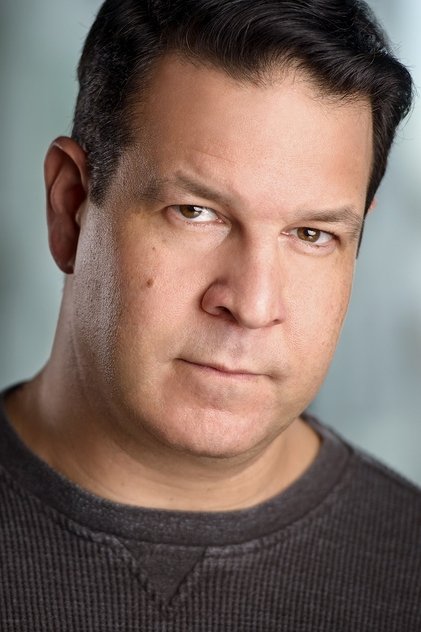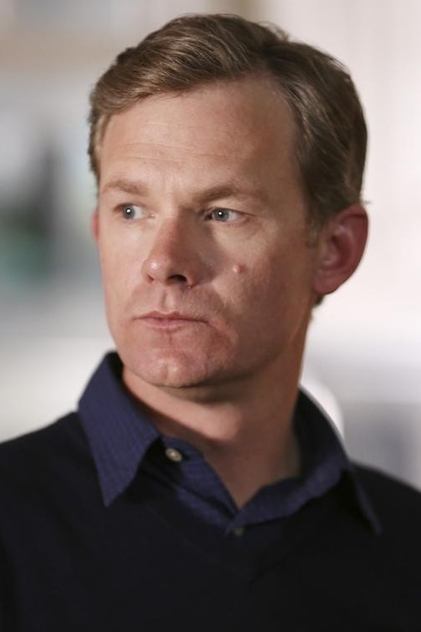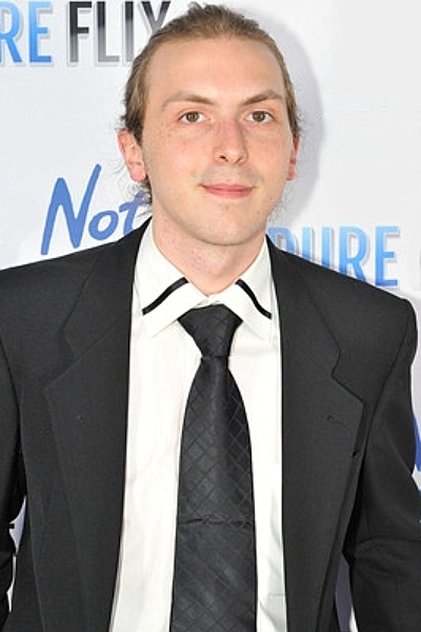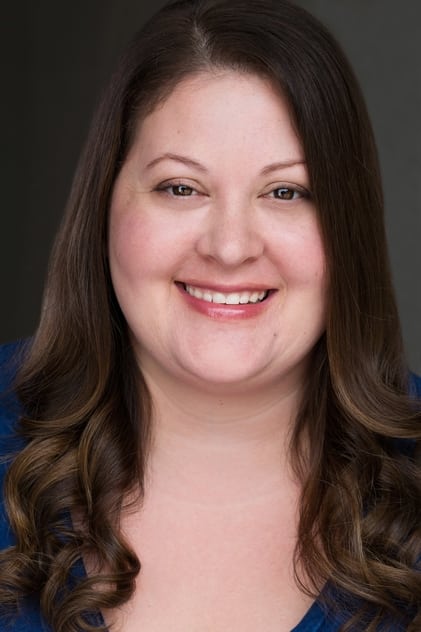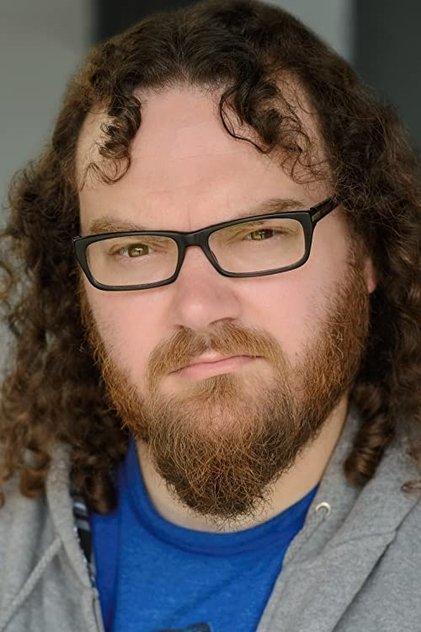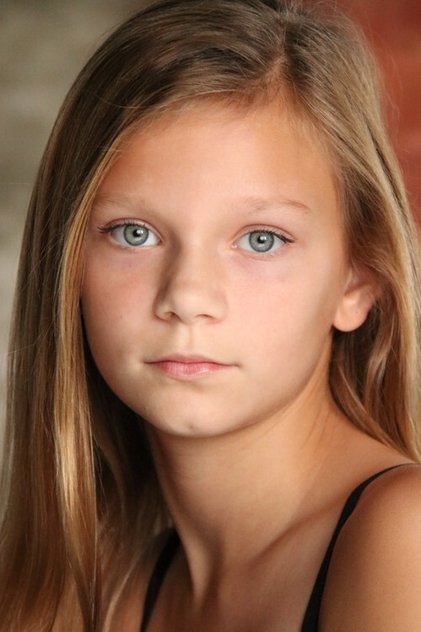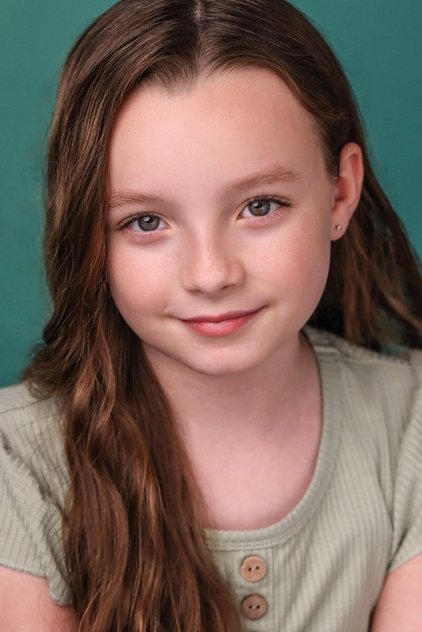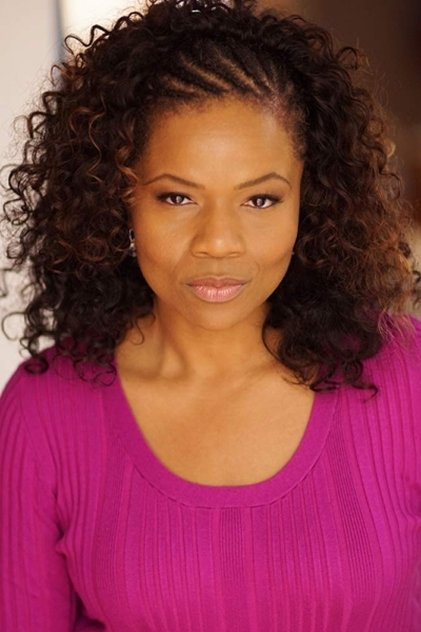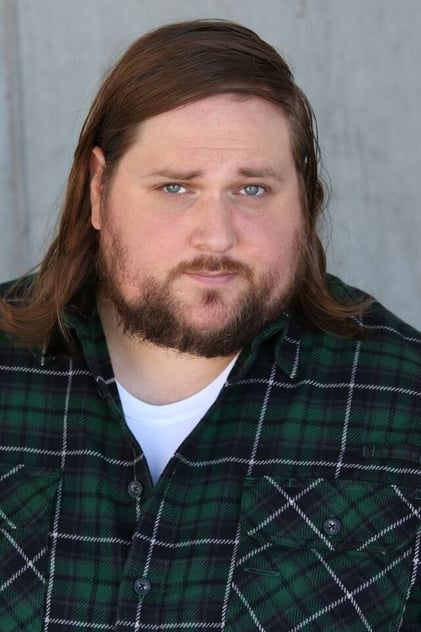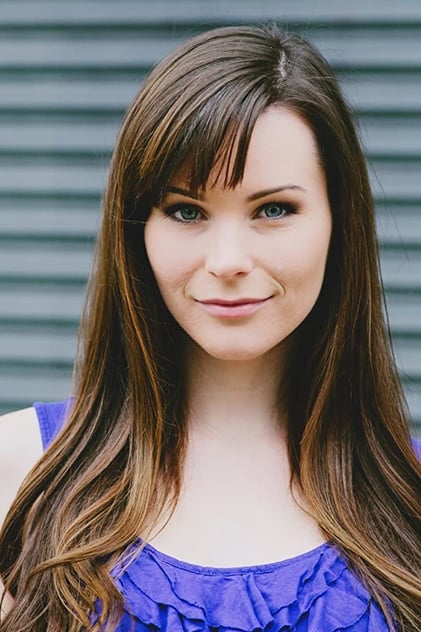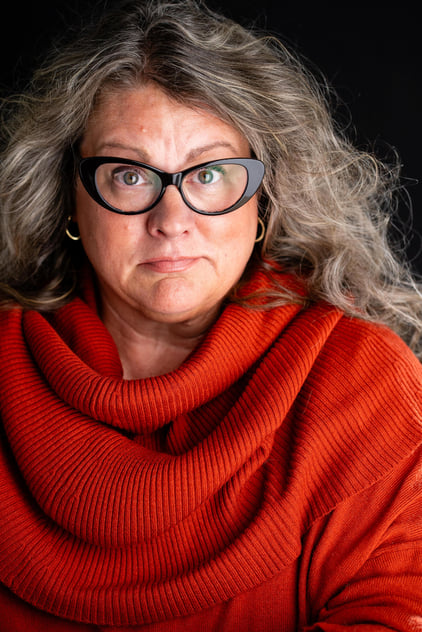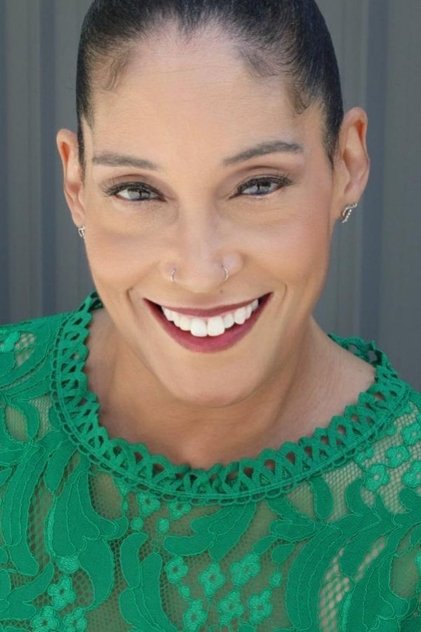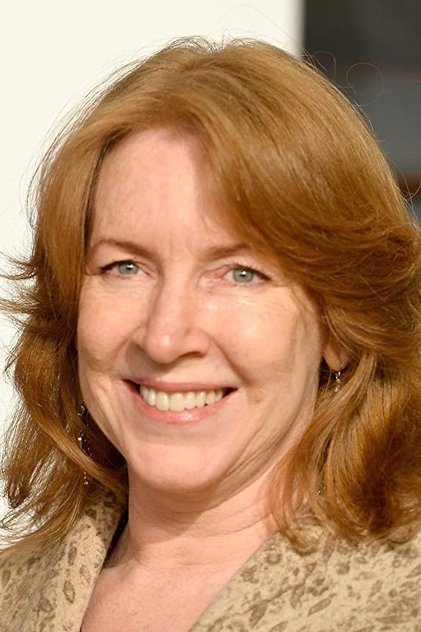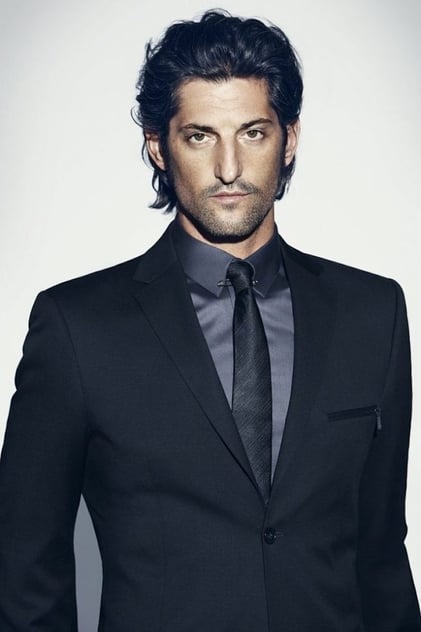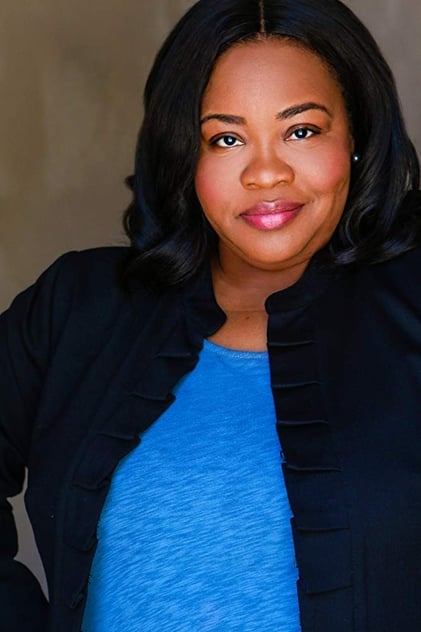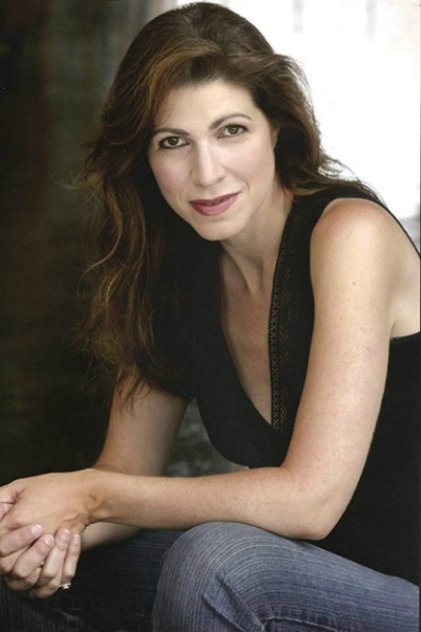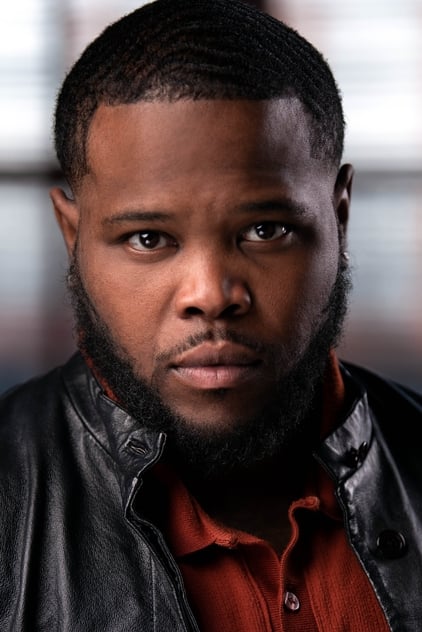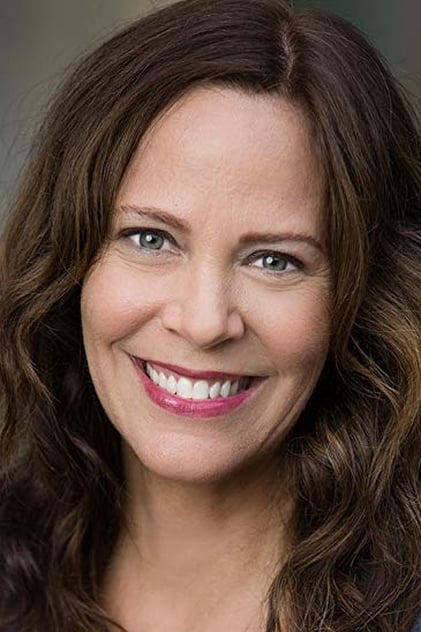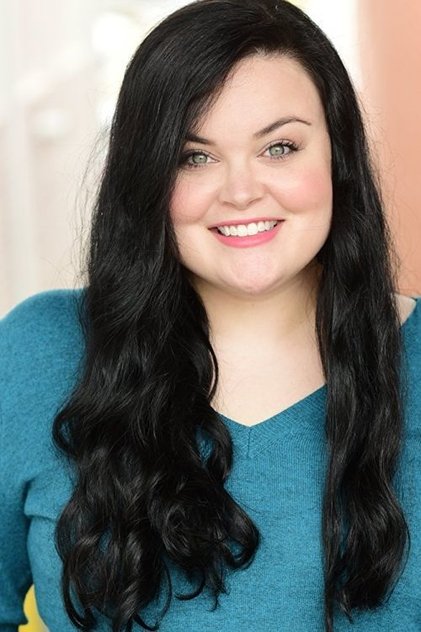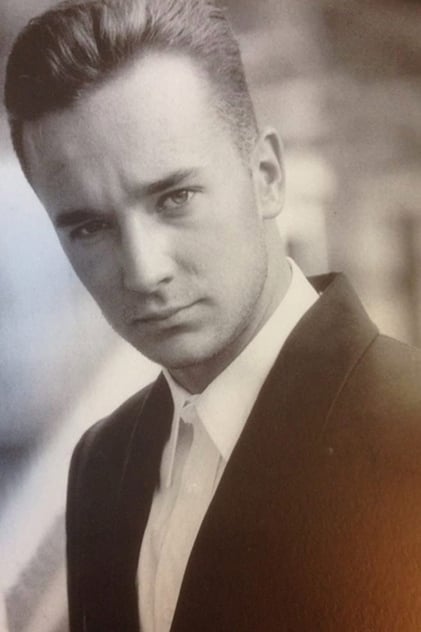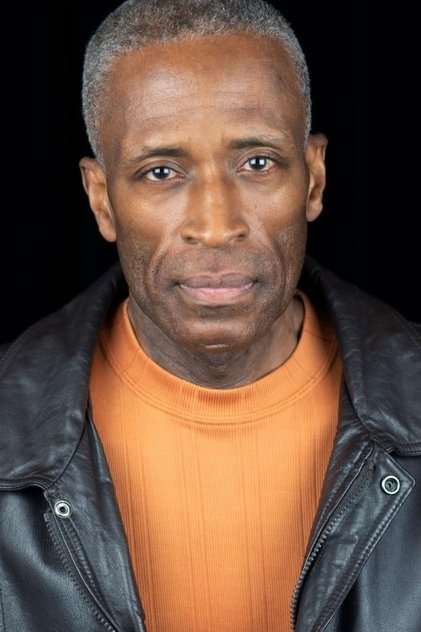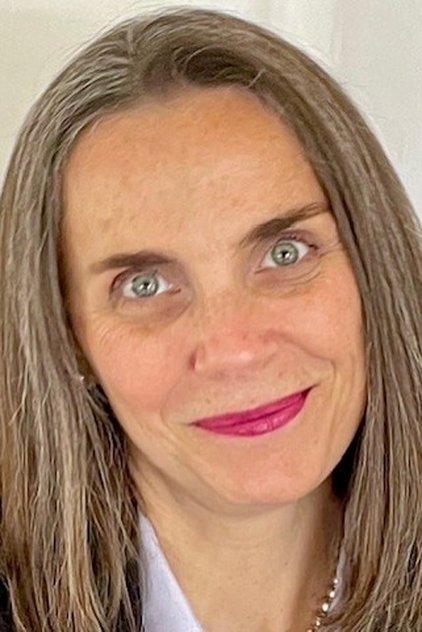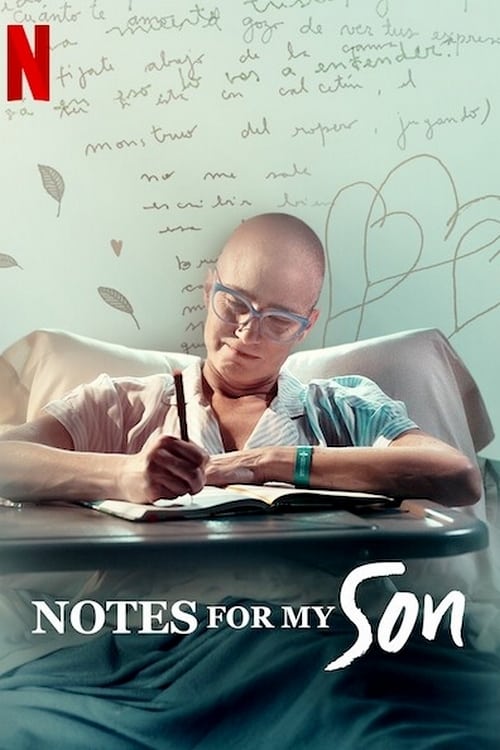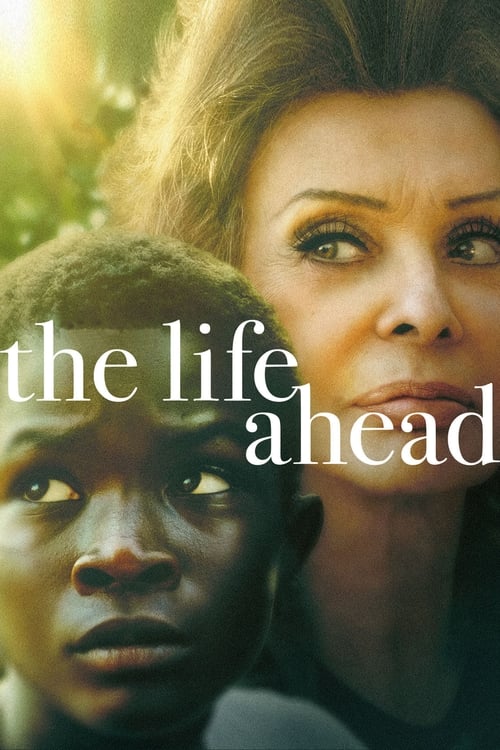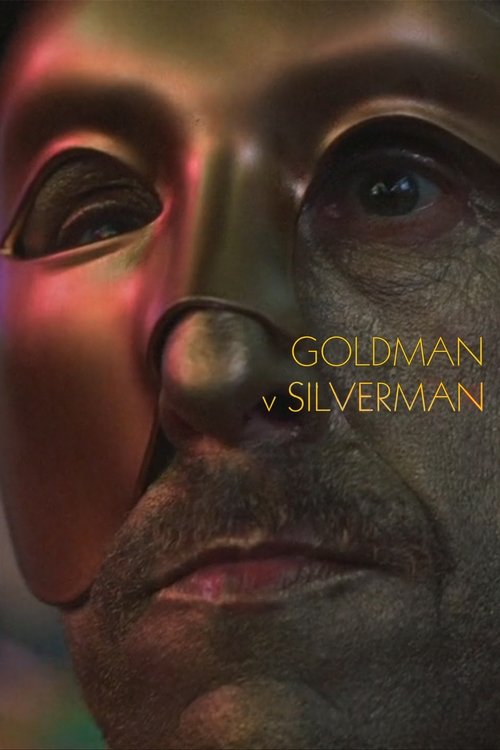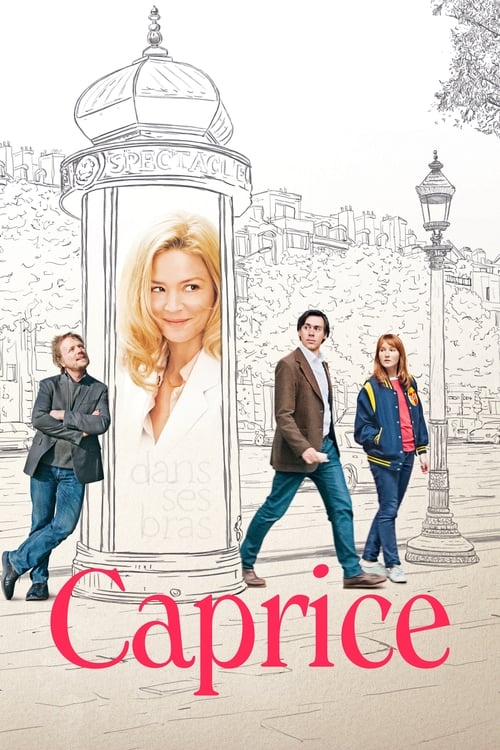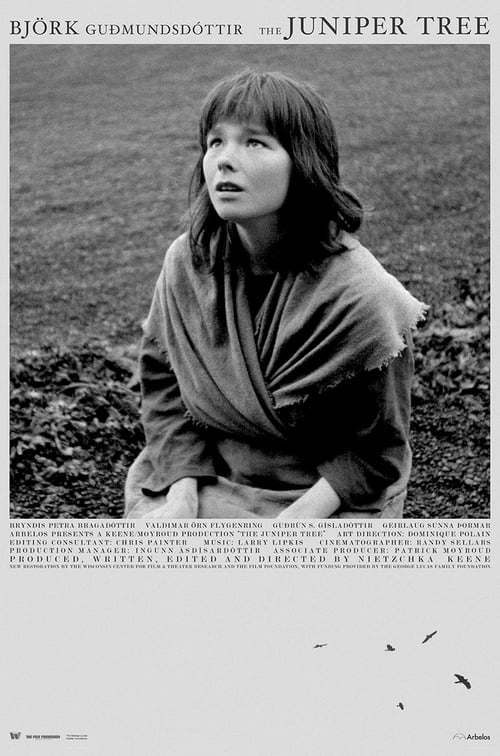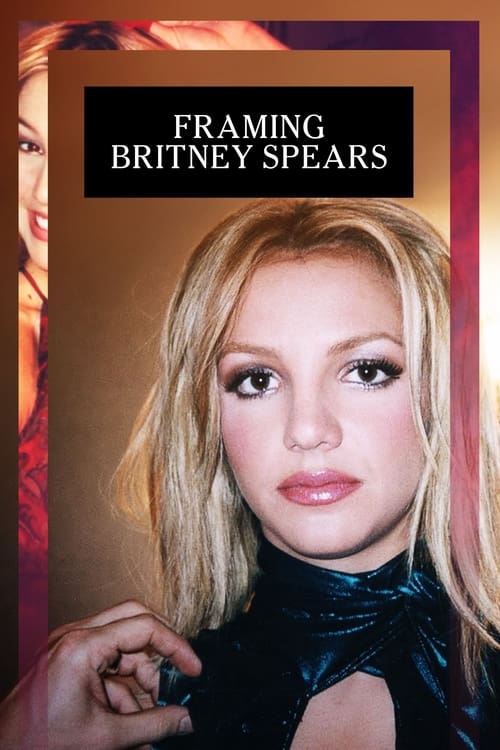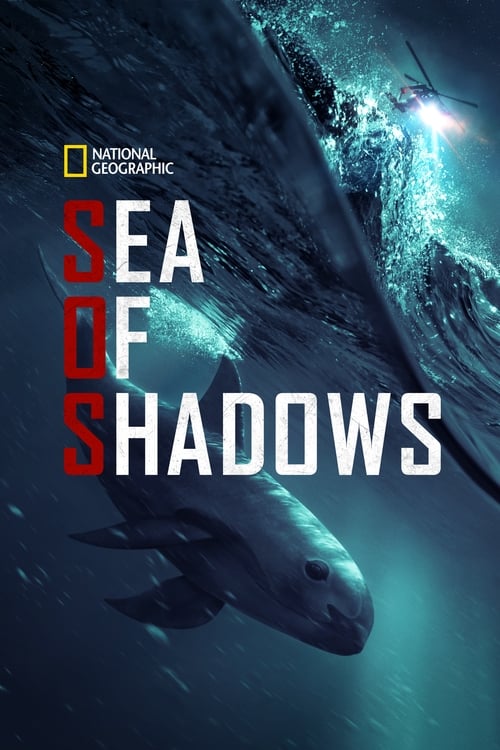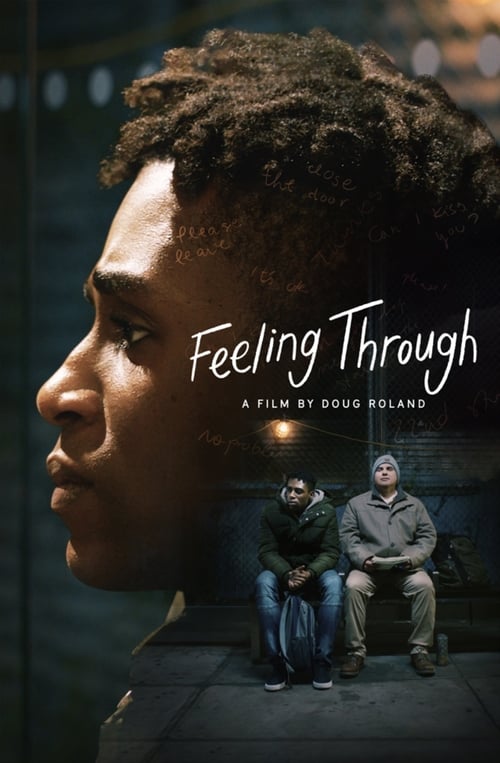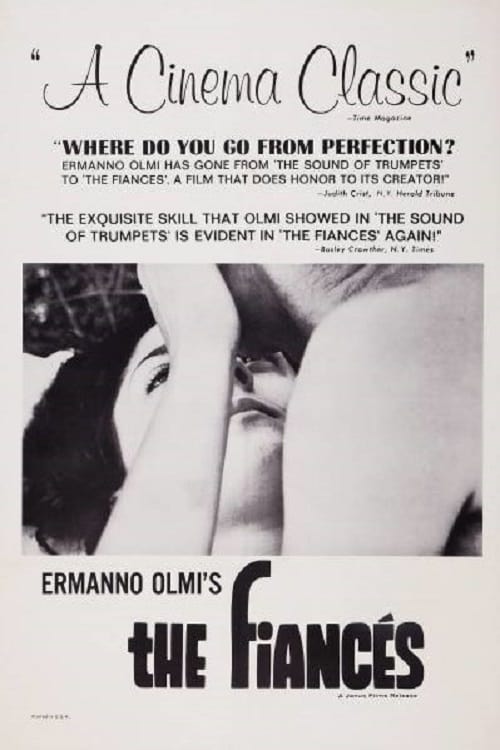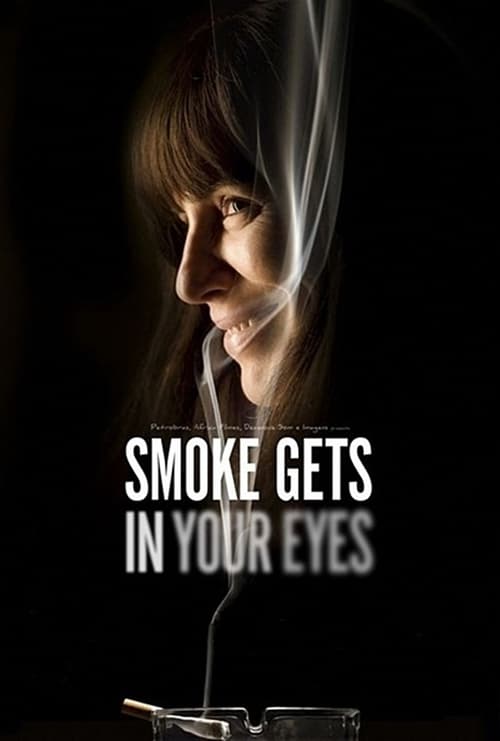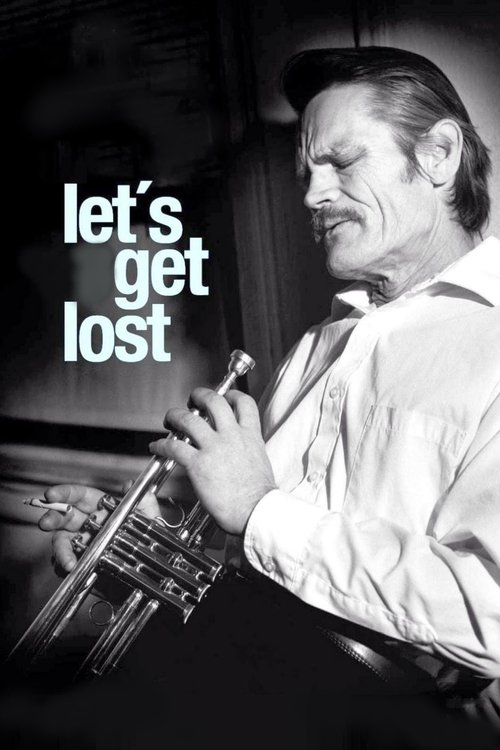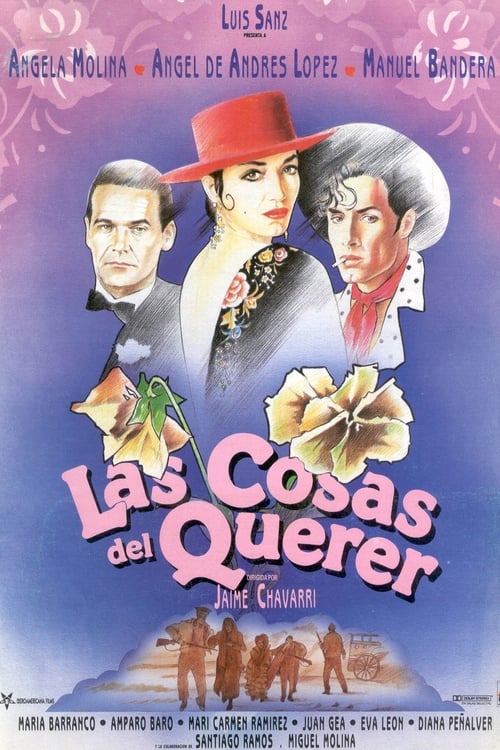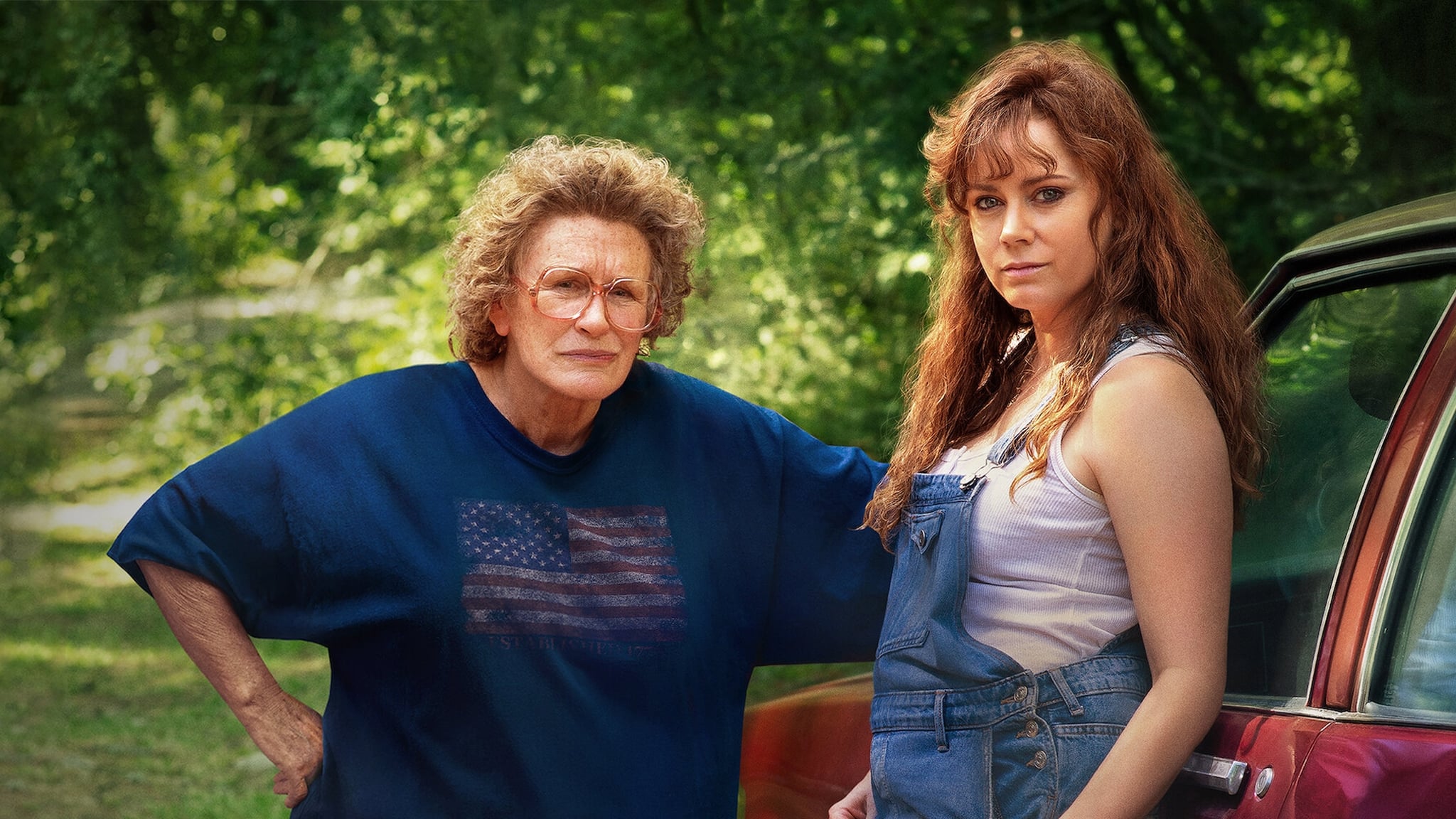

2020
·117m
Hillbilly Elegy
Summary
An urgent phone call pulls a Yale Law student back to his Ohio hometown, where he reflects on three generations of family history and his own future.
Reviews
msbreviews
November 18, 2020
If you enjoy reading my Spoiler-Free reviews, please follow my blog @ https://www.msbreviews.com
This film is based on a memoir of the same title written by J.D. Vance, the man who gives name to the main character or, in better words, the character whose point of view is what the movie describes. As I always do, my preparation for any film means I don't watch trailers nor try to know too much about the story. I knew this movie was based on a supposedly true story or in some sort of book, and I knew that this could very well be an Oscar-bait due to the talented cast and late date of release. That's it. I had no idea about its political background nor Vance's personal statements. I'm from Portugal, so I don't live in a Republicans vs. Democrats or a Red vs. Blue country. Politics is and always will be an extremely irrelevant, depressing, unimpactful topic in my life.
I don't live in the USA, so unless the controversies surrounding films are global problems, I couldn't care less about them. To me, Hillbilly Elegy looked like another family melodrama featuring lousy parenting, drug addiction, bullying, discrimination, and all those formulaic plot points developed in this type of movie. Expectations-wise, I couldn't avoid the first (tremendously negative) reactions from fellow critics on social media, so I prepared myself for the worst. However, there's a reason why I wrote this prologue above, explaining my origins and what I consider to be important in my personal life...
Not trying to justify other people's opinions (everyone has their own right to love/hate any film for whatever reasons they choose to), but it feels awfully clear to me that a lot of American critics were influenced by the real-life J.D. Vance, his memoir, and what some people interpreted about his point of view. I repeat: everyone is in their own right to hate this movie (it has more than enough reasons to, and I'll get to those), but I find "the worst film of the year" statement as exaggerated as the movie's overdramatic sequences. My biggest issues with Hillbilly Elegy concern its editing choices and its looping narrative structure, besides its generic developments of known cliches.
Starting with the first problem, Ron Howard (Solo: A Star Wars Story) should have managed to create a really great film from the original story. At its best, Hillbilly Elegy could have been a heartbreaking account about the emotional struggles of living in such a violent, problematic family and about trying to escape this harsh lifestyle and reaching a better life overall. However, the constant flashbacks to J.D.'s young life damage the viewer's connection to the character and the rest of his family members, especially his mom, Bev. The non-stop back-and-forward in the timeline breaks the movie's pacing (James D. Wilcox's editing lacks consistency and coherence) and leads me to my next issue.
The entire film is a cycle of dramatic scenes quickly escalating to unbelievable actions. From the repetitive drug abuse and consequent relapses to the horrible parenting displayed in the most random of fashions (in one minute everything's fine, in the next one, chaos ensues), Vanessa Taylor couldn't break her screenplay loop, and Ron Howard failed to realize these sequences in a distinguished manner. In addition to all of this, Hillbilly Elegy also does very little to avoid the common formulas regarding this type of narrative, possessing zero surprises throughout the entire runtime, ultimately being entirely predictable practically from the beginning.
Nevertheless, as I mentioned before, this is far from being a contender for the worst piece of cinema in 2020. In fact, it might even get some nominations in the awards season, including the Oscars. As usual with "real-life stories", their cinematic adaptations always fill the end credits with images or videos of the real people portrayed in the movie. It's easy to notice the impressive work made by the make-up department. Glenn Close looks incredibly similar to the real Mamaw, and her charismatic portrayal is definitely getting her some nominations, at least in other ceremonies besides the main ones. She delivers yet another emotionally compelling performance, packed with powerfully handled dialogues, detailed expressiveness, and a phenomenal physical display.
Amy Adams (Justice League) doesn't fall behind. If Glenn Close has chances as a supporting role, Amy Adams might receive a few Best Actress nominations. Her character, Bev, doesn't receive a fair treatment script-wise, but Adams tries her best to compensate for that flaw. Her performance might be considered extremely over-the-top for many viewers, and I do acknowledge some exaggeration in a couple of scenes, but overall, she delivers a superb interpretation. Gabriel Basso is also pretty great as J.D. (as is Owen Asztalos), same for Haley Bennett (The Devil All the Time) as Lindsay. Hans Zimmer and David Fleming's score is sweet, but it doesn't get too many moments to shine.
In the end, Hillbilly Elegy suffers from its formulaic narrative stuck in a tiresome loop of overdramatic scenes that escalated incomprehensibly way too fast. The predictable melodrama features questionable editing decisions that hurt the film's pacing and overall story consistency, as well as the viewer's emotional bond with the characters. Ron Howard and Vanessa Taylor fail to depict an interesting premise in a distinctly captivating manner, consequently resorting to the award-worthy performances of Amy Adams and Glenn Close to save the whole movie from total disaster. In addition to the outstanding displays from the two actresses, the remarkable performances from the remaining cast elevate the flawed screenplay, ultimately delivering a few scenes worth hanging on to. Technically, impressively accurate make-up (guaranteed awards buzz) and a lovely score deserve a much better film. I still recommend it to everyone who enjoys melodramatic family stories, but don't expect anything remotely special.
Rating: C+
Media
Status:
Released
Original Language:
English
Budget:
$0.00
Revenue:
$0.00
